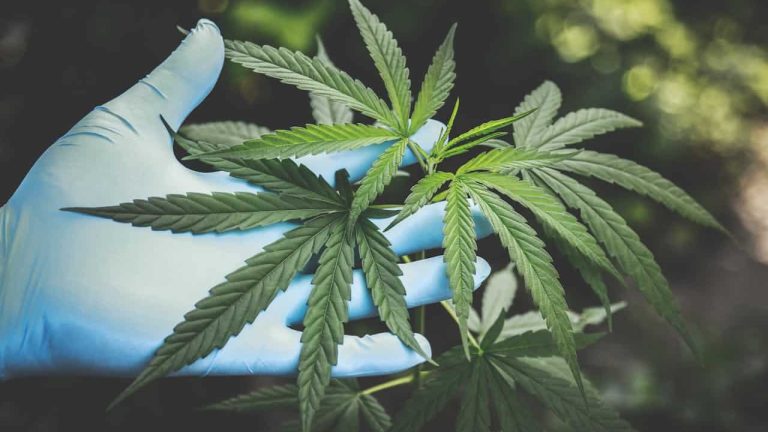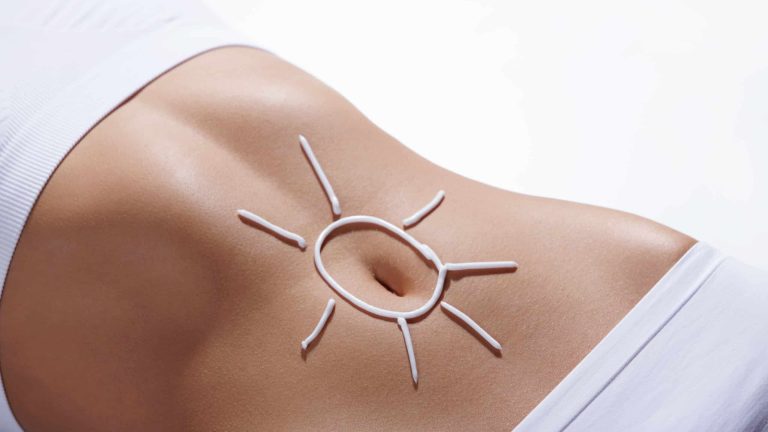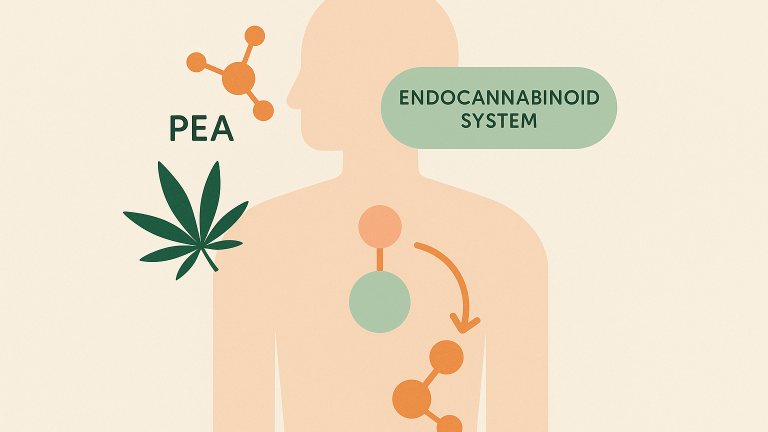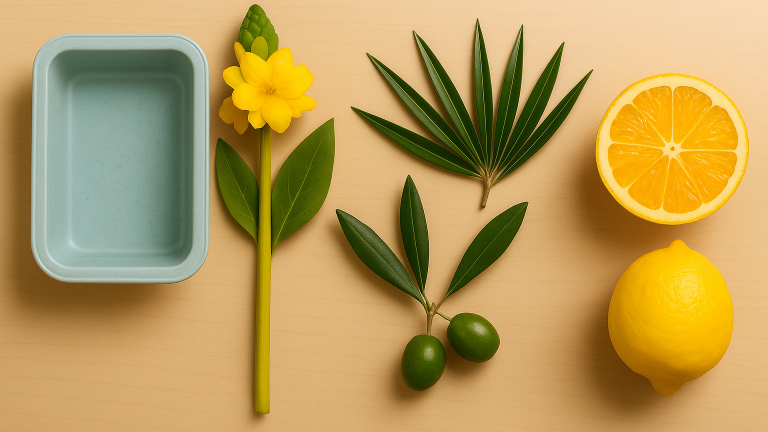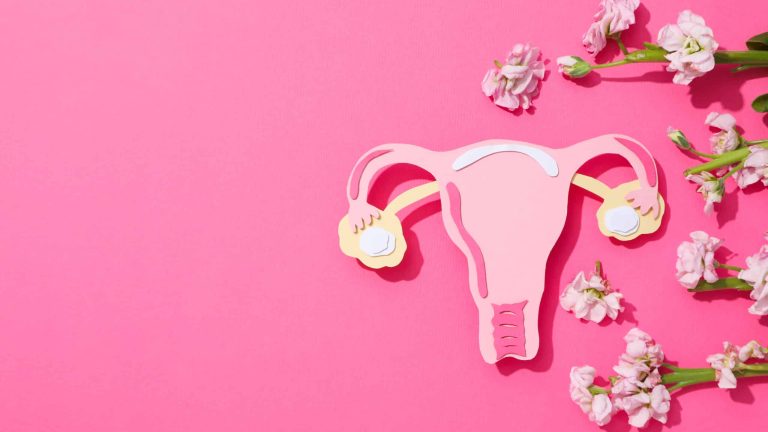What are phthalates—and why do they matter?
Phthalates (pronounced thal-ates) are a group of chemicals used to make plastics soft and flexible. You’ll find them in food packaging, cosmetics, personal care products, furniture, and even medical tubing. One of the most common phthalates is DEHP (Di(2-ethylhexyl) phthalate).
Why is this important for women with endometriosis?
Phthalates are endocrine disruptors. That means they can interfere with hormones—especially estrogen, which plays a major role in endometriosis. DEHP in particular is known to:
- Increase inflammation and oxidative stress
- Stimulate abnormal tissue growth
- Disrupt estrogen and progesterone balance
Research shows women with endometriosis often have higher levels of phthalates in their bodies. That’s why scientists are exploring ways to reduce exposure—and support the body in dealing with these chemicals.
The study: Plant extracts vs. phthalate-induced lesions
A new study published in BMC Complementary Medicine and Therapies looked at how certain plant extracts might help prevent or reduce endometriosis-like lesions caused by phthalates in animal and cell models. Here’s what they tested:
1. Olive (Olea europaea)
Key compounds: Hydroxytyrosol (HT) and Oleuropein (O)
What it did:
- Reduced lesion size and fibrosis
- Lowered inflammation and oxidative stress
- Suppressed pain and abnormal blood vessel growth
- Improved pregnancy rates and bone health
2. Mullein (Verbascum thapsus)
Key compound: Verbascoside (a caffeic acid derivative)
Why it’s promising**:
- Strong anti-inflammatory and antioxidant effects
- Could help protect endometrial cells from oxidative damage
- May support cell repair and resilience
3. Citrus Fruits (Citrus × limon and Citrus × sinensis)
Key compounds: Hesperidin and Naringenin
What they did:
- Restored tissue structure after damage
- Reduced inflammation markers like TNF-α and MAPK
- Induced apoptosis (controlled cell death) in endometriotic cells
- Showed anti-estrogenic properties
4. Saw Palmetto (Serenoa repens)
Key compound: β-sitosterol
Benefits:
– Blocked cell proliferation and migration
– Helped shrink endometriotic lesions
– Targeted pathways involved in pain and inflammation
🔍 What this means for you
While this study was mostly done in lab and animal models, the results are encouraging. These plant extracts—especially when rich in polyphenols—target multiple processes involved in endometriosis, such as:
✅ Hormone disruption
✅ Chronic inflammation
✅ Oxidative stress
✅ Tissue overgrowth
They’re not a cure, but they could offer natural support alongside medical treatments.
Takeaway tips
- Choose personal care products that are phthalate-free and fragrance-free
- Avoid heating food in plastic containers or drinking water from plastic bottles
- Incorporate more antioxidant-rich herbs and foods (like olive, citrus, and green tea)
- Speak with a healthcare provider before starting new supplements
This research opens the door to plant-powered approaches for managing endometriosis in a more holistic way. It also reminds us that endometriosis may be caused or exacerbated by chemicals that disrupt the endocrine system such as phthalates.
Further reading
For a detailed understanding of the study and its methodologies, you can access the full article here: https://link.springer.com/article/10.1186/s12906-025-04913-y
